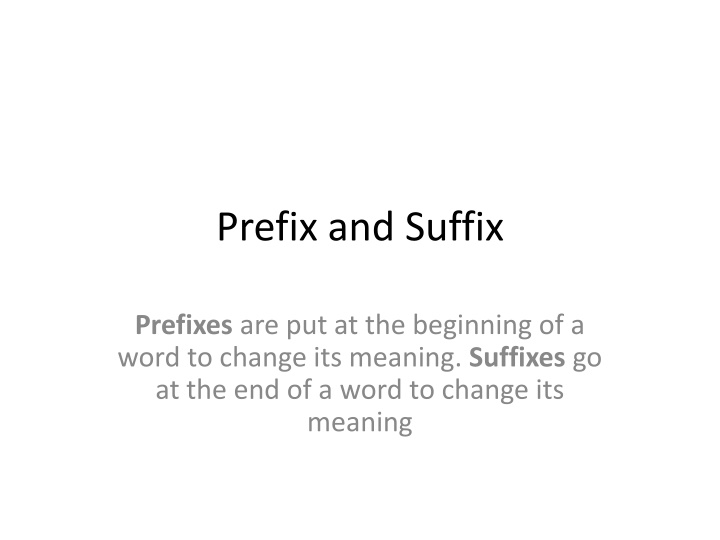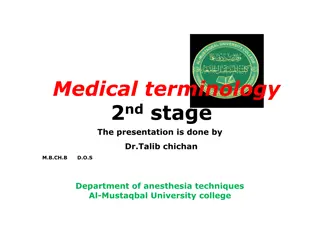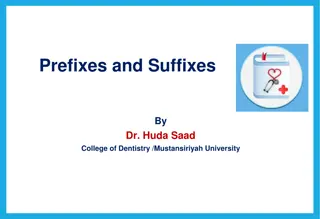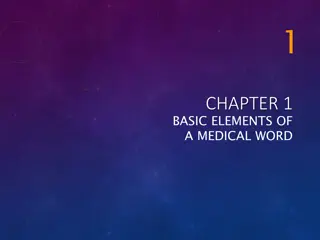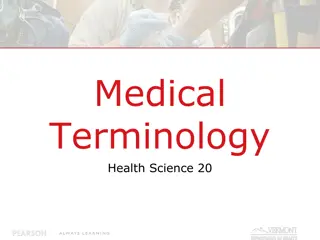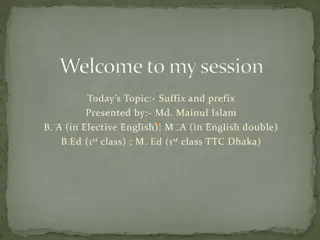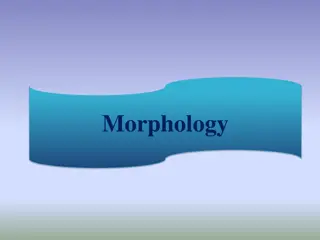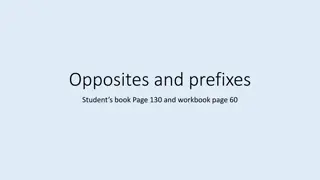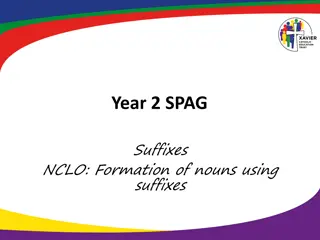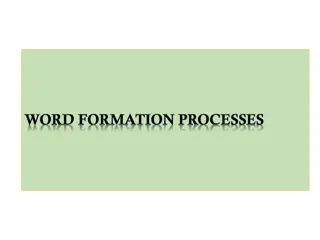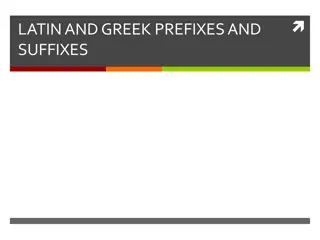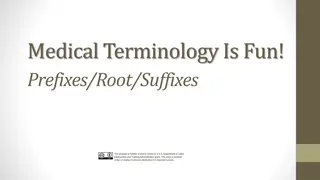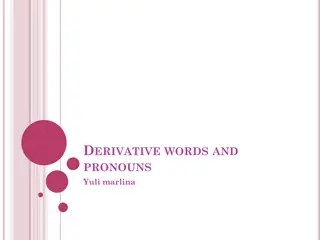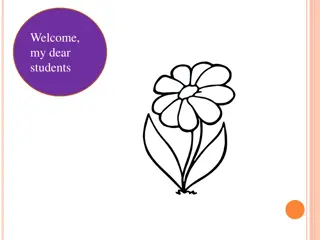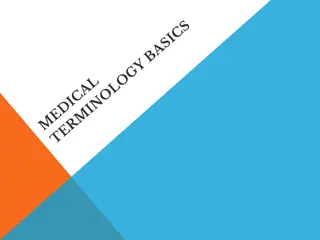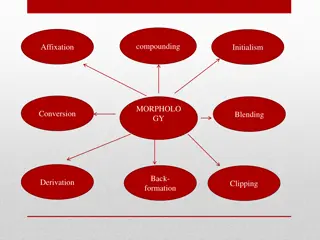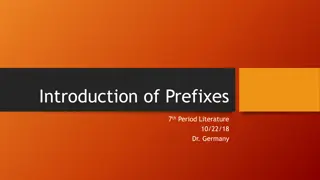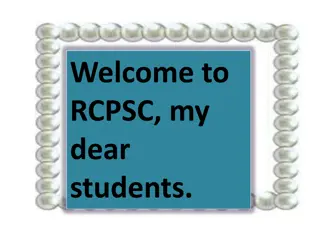Prefixes and Suffixes in Word Formation
Prefixes and suffixes are essential components of word formation, used to alter the meaning of words. By breaking down unfamiliar words into their parts, such as prefixes and suffixes, one can decipher their meanings more effectively. This process offers valuable clues for understanding the nuances of vocabulary.
Download Presentation

Please find below an Image/Link to download the presentation.
The content on the website is provided AS IS for your information and personal use only. It may not be sold, licensed, or shared on other websites without obtaining consent from the author.If you encounter any issues during the download, it is possible that the publisher has removed the file from their server.
You are allowed to download the files provided on this website for personal or commercial use, subject to the condition that they are used lawfully. All files are the property of their respective owners.
The content on the website is provided AS IS for your information and personal use only. It may not be sold, licensed, or shared on other websites without obtaining consent from the author.
E N D
Presentation Transcript
Prefix and Suffix Prefixes are put at the beginning of a word to change its meaning. Suffixes go at the end of a word to change its meaning
When you are trying to figure out the meaning of an unfamiliar word, it helps to try to break the word down into parts. Prefixes and suffixes often provide valuable clues as to the meaning of words.
prefix pre- "
They will show a sneak preview of the movie. BEFORE
un- "not": The plot was unbelievable
dis "not": I disagree with you on that point.
re "again": She will rewrite that part of the story.
Mis/im/ Ex/de mis- "not": I must have misunderstood her. im- "not": That is impossible. ex- former or away/not ex-girlfriend (former girlfriend de- "not": The airlines are deregulated
bi "two": She rides a bicycle to school.
others post- after post-war (after the war). mono- one monopoly (when one company has power) multi- many multicolor (many colors) micro- small microscope (device used to look at small objects)
suffix -er outstanding teacher. "doer": Mrs. Solomon is an ! -
-able "able to": The plot was unbelievable
ous "full of; having qualities of": Exploring space can be dangerous.
others ness "state of being": She was filled with happiness. -ful "full of": The train ride was wonderful. -ly or -y "like": She talked gently. -ment "state of": That part of government passes laws. -est most largest (most large) -less without hopeless (without hope) -logy the study of mineralogy (the study of minerals) -ly in a way or manner happily (in a happy manner)
